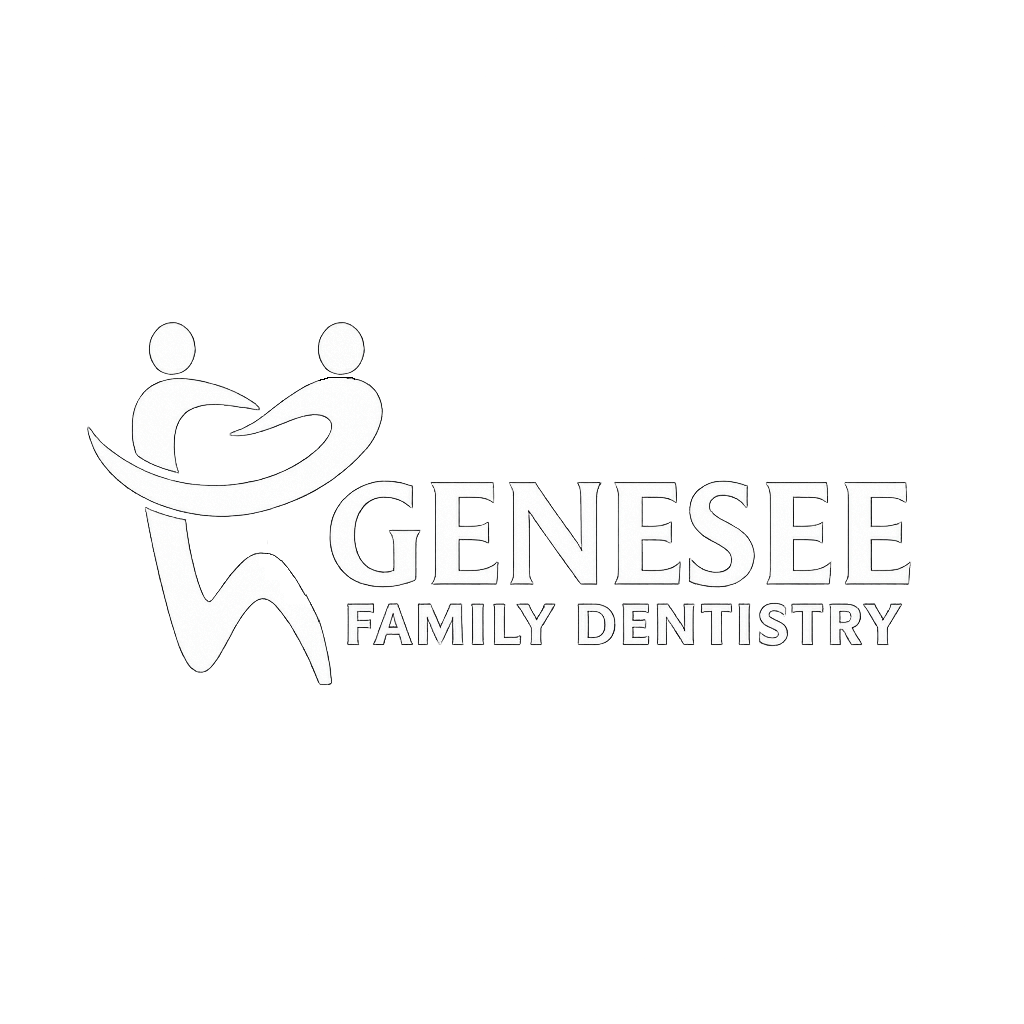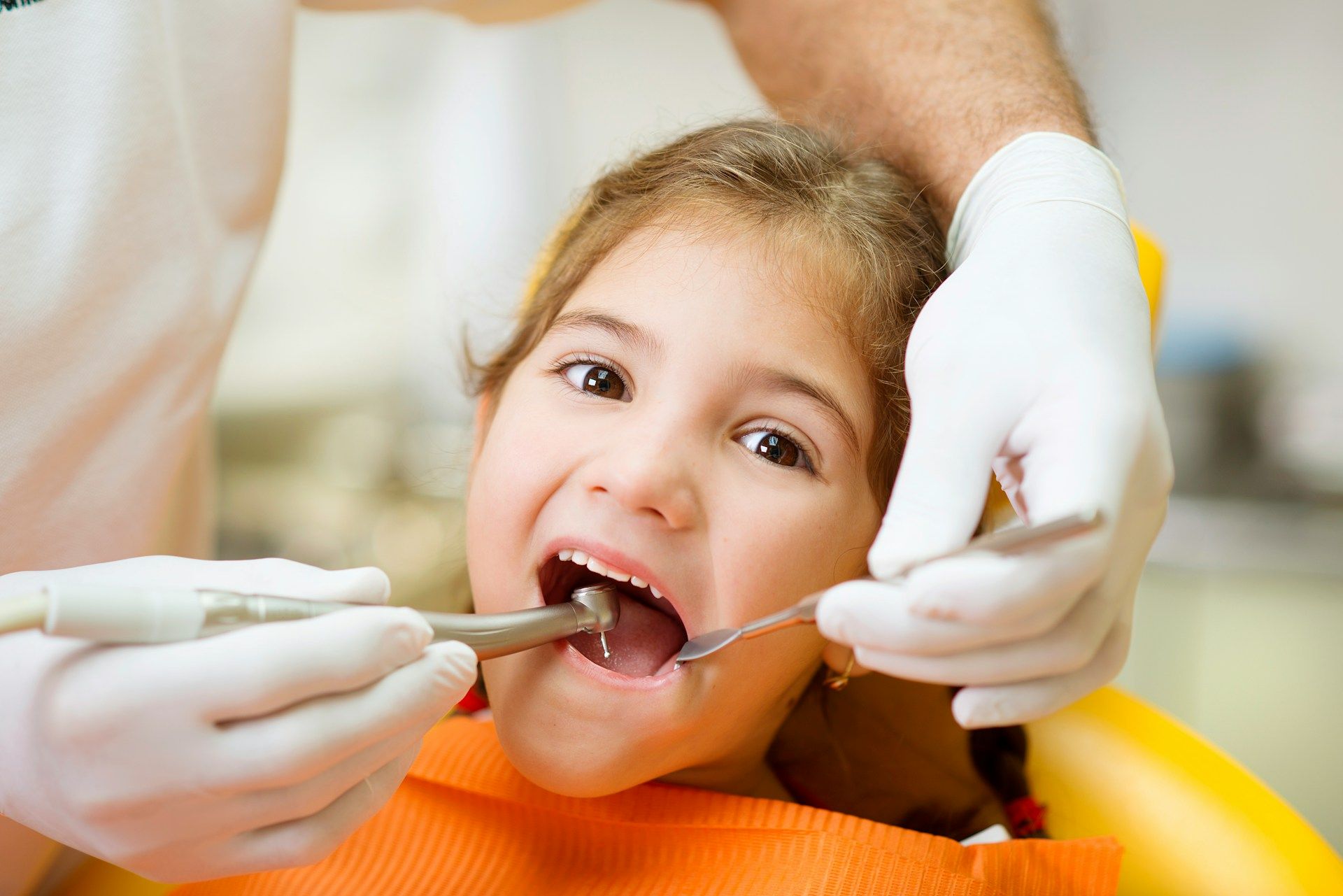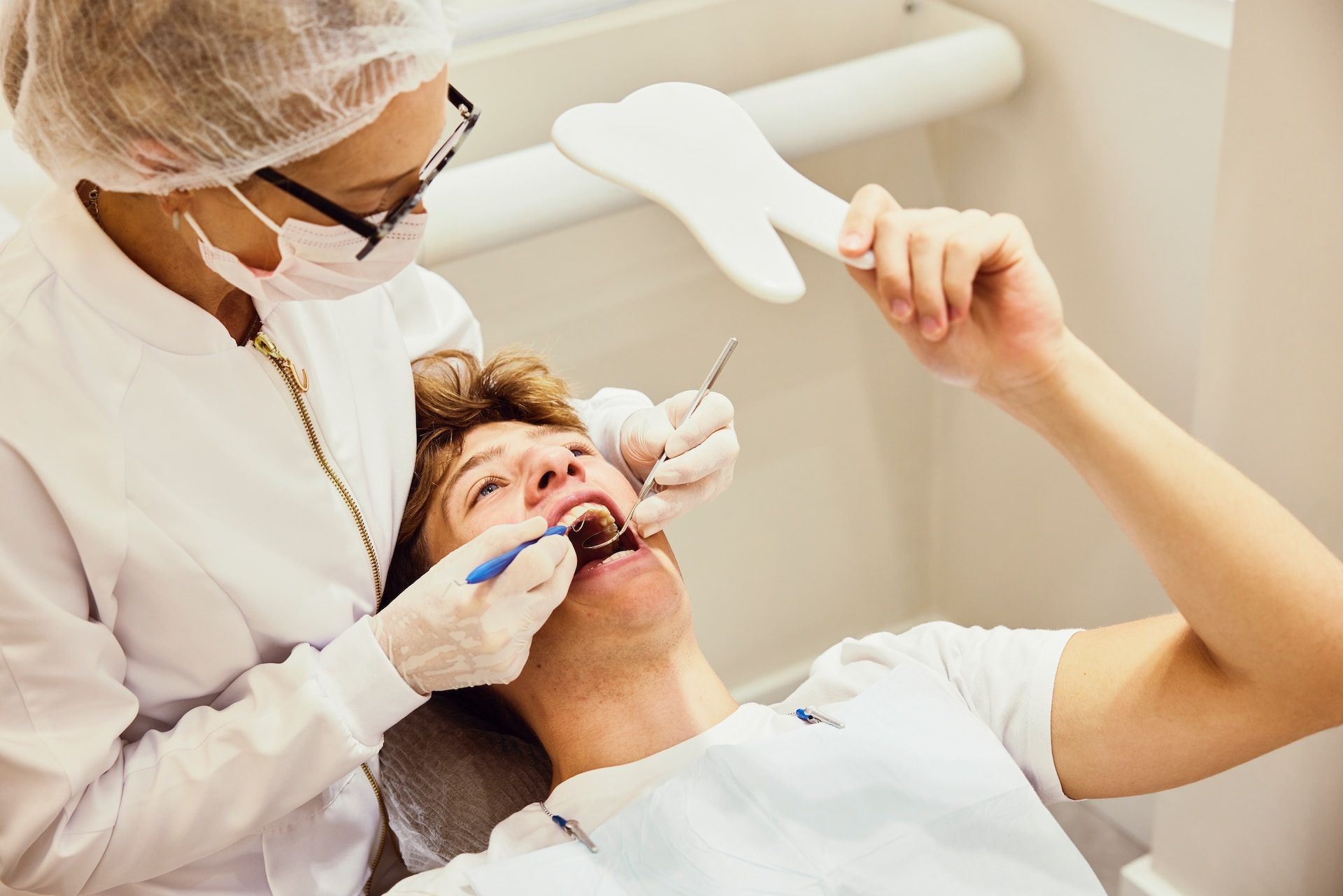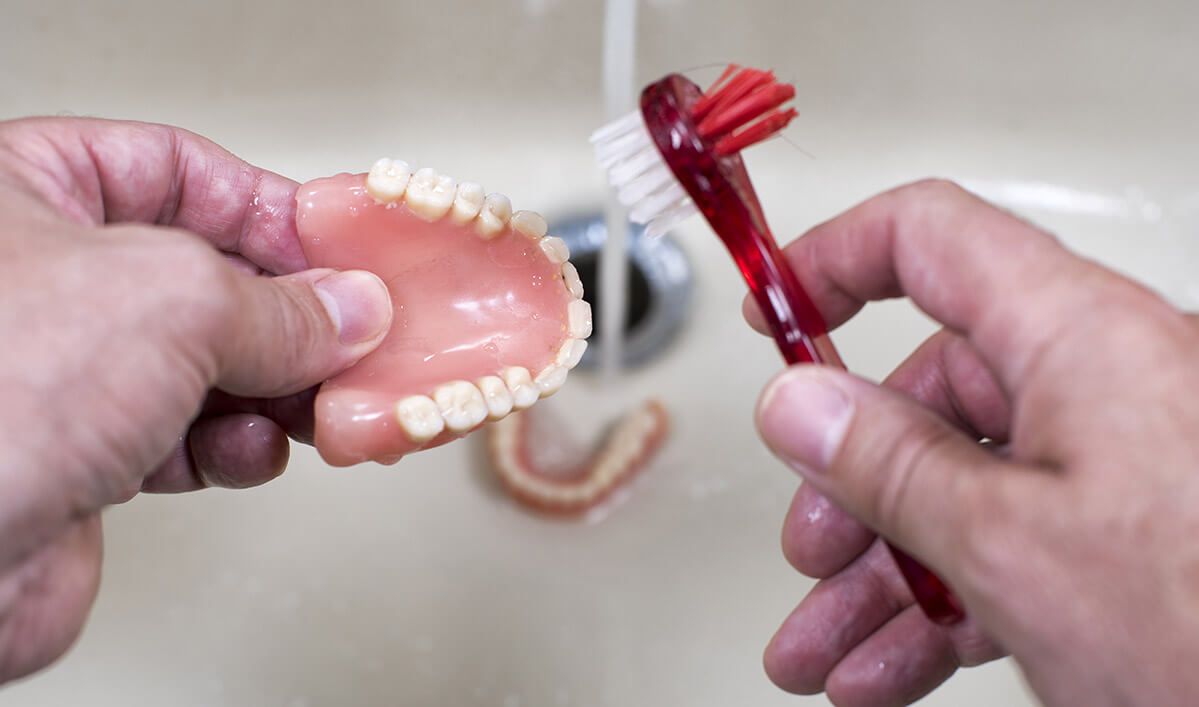A lovely smile and good oral hygiene go hand in hand, and establishing healthy dental habits from a young age is essential in promoting lifelong dental health. At Genesee Family Dentistry, we believe in creating a solid foundation for your child’s oral health by providing comprehensive pediatric dental care, education, and preventive measures in a warm, welcoming environment. Our skilled dental team is dedicated to ensuring that your child’s dental experiences are positive, enjoyable, and beneficial, paving the way to a lifetime of healthy smiles.
Pediatric dentistry is a specialized branch of dentistry devoted to the oral health of children, from infancy through the teenage years. As your child grows, their oral health needs change, and pediatric dentistry addresses these unique requirements, ensuring the proper growth and development of their teeth and jaws. The American Academy of Pediatric Dentistry (AAPD) recommends that a child should visit the dentist by their first birthday or within six months after their first tooth erupts, as early dental visits help in early detection and prevention of potential dental issues.
Creating a Solid Foundation for Lifelong Oral Health
Ensuring your child’s oral health from an early age is crucial for developing a strong and resilient foundation for their lifelong dental well-being. Beginning at infancy, preventive measures and routine dental visits play a vital role in reinforcing healthy oral habits that will benefit them in the long run. In this article, we will explore different aspects of pediatric dentistry and how Genesee Family Dentistry caters to the unique needs of children during their various stages of growth and development.
Age-Appropriate Dental Care for Your Child
As your child grows, so do their dental needs. To ensure optimal oral health, it is essential to understand the dental care requirements of each stage of development. Here, we discuss the relevant milestones and corresponding dental care practices:
1. Infants (Birth to 1 Year): Even before your baby’s first tooth erupts, gently clean their gums with a soft, damp cloth twice a day. Upon eruption of their first tooth, use a soft-bristled toothbrush and non-fluoride toothpaste to clean the tooth gently.
2. Toddlers (1-3 Years): Gradually transition to a pea-sized amount of fluoride toothpaste as your child turns two. Encourage your child to spit out the toothpaste but discourage rinsing, as the fluoride will continue to protect their teeth even after brushing.
3. Preschoolers (3-5 Years): Teach your children proper brushing techniques, as they gradually learn to brush their teeth independently with adult supervision. Introduce flossing to remove any food debris between teeth that the toothbrush cannot reach.
4. School-Aged Children (6-12 Years): Children in this age group are at an increased risk of cavities, primarily due to exposure to sugary snacks and beverages. Encourage healthy dietary habits, and introduce mouthwash for additional cavity protection.
5. Teenagers (13-18 Years): As dental care for teenagers varies significantly depending on their oral health, it is important to maintain regular dental check-ups and cleanings.
Preventing Dental Issues in Children
Prevention is key when it comes to children’s oral health. By introducing preventive measures early in life, you can significantly reduce the risk of dental concerns, such as tooth decay and gum disease. Some practical preventive steps include:
1. Eating a Balanced Diet: Ensure your child consumes a balanced diet rich in fruits, vegetables, and vitamins to support healthy teeth and gums.
2. Encouraging Proper Oral Hygiene: Teach your child the importance of regular brushing and flossing, and make it a part of their daily routine.
3. Fluoride Treatments: Discuss with your dentist whether your child requires fluoride treatments, as fluoride strengthens tooth enamel and helps prevent cavities.
4. Dental Sealants: Applying dental sealants on the chewing surfaces of permanent molars can serve as an additional protective barrier against tooth decay.
Orthodontic Evaluations and Early Intervention
Timely orthodontic evaluations are essential in identifying potential issues with the alignment and growth of your child’s teeth and jaws. The American Association of Orthodontists recommends that children undergo an orthodontic assessment no later than the age of seven, as early evaluation can lead to interceptive orthodontic treatment, preventing more complex orthodontic treatment later in life.
Conclusion
Your child’s oral health plays a critical role in their overall well-being and development. At Genesee Family Dentistry, our dedicated dental team is committed to providing exceptional pediatric dental care, ensuring your child’s journey towards a healthy and beautiful smile is a smooth and enjoyable one. We understand that each child’s dental needs are unique, and we cater to these individual requirements in a nurturing and supportive environment.




